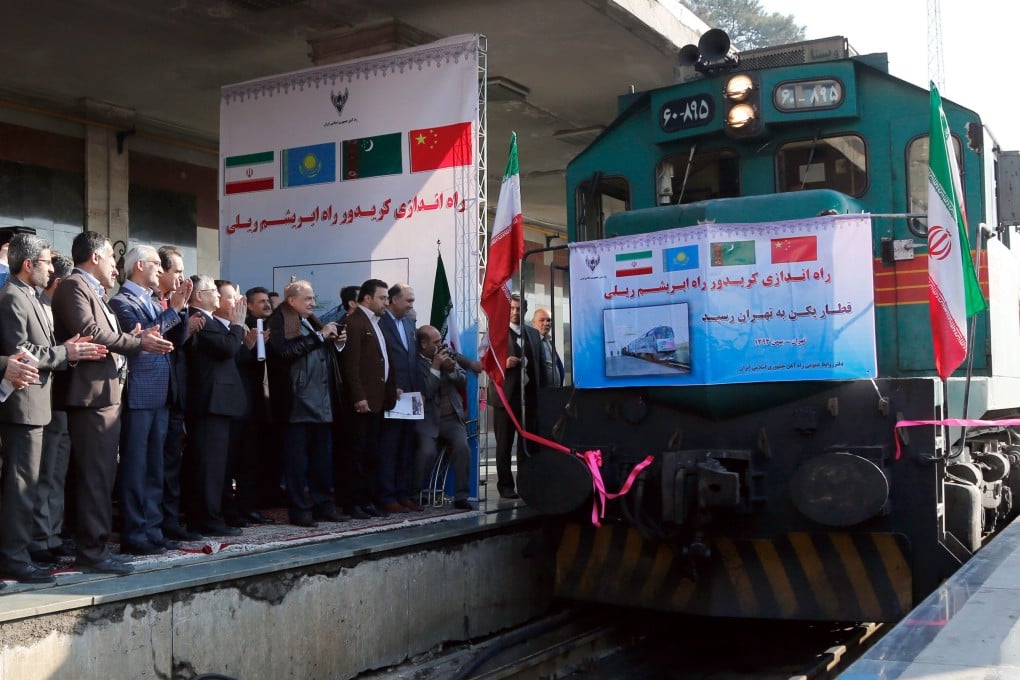China’s belt and road: what’s holding up the trains from Pakistan to Turkey via Iran?
- While the three countries involved in the rail project have announced it will be revived this year, it must still overcome infrastructural hurdles before it can kick-start important rail routes under China’s Belt and Road Initiative

Recently, Turkey, Iran and Pakistan announced they would revive the Istanbul-Tehran-Islamabad (ITI) railway, a project launched in 2009. Despite several test runs, the railway link had not become fully operational.
At the Economic Cooperation Organisation transport and communications ministers meeting held virtually last month, Turkish Transport Minister Adil Karaismailoglu announced that the project would be relaunched this year. After finalising tariff rates and a timetable, the service will initially provide container transport; freight services on conventional wagons will be added in due course.
Once fully functional, the railway can boost trade in other countries, including Afghanistan, Azerbaijan and the five Central Asian states, under the Economic Cooperation Organisation, a development, trade and investment platform founded in 1985 by the leaders of Iran, Turkey and Pakistan. The train can cover the 6,500km Pakistan to Turkey route in just 11½ days, compared to 45 days by sea.

